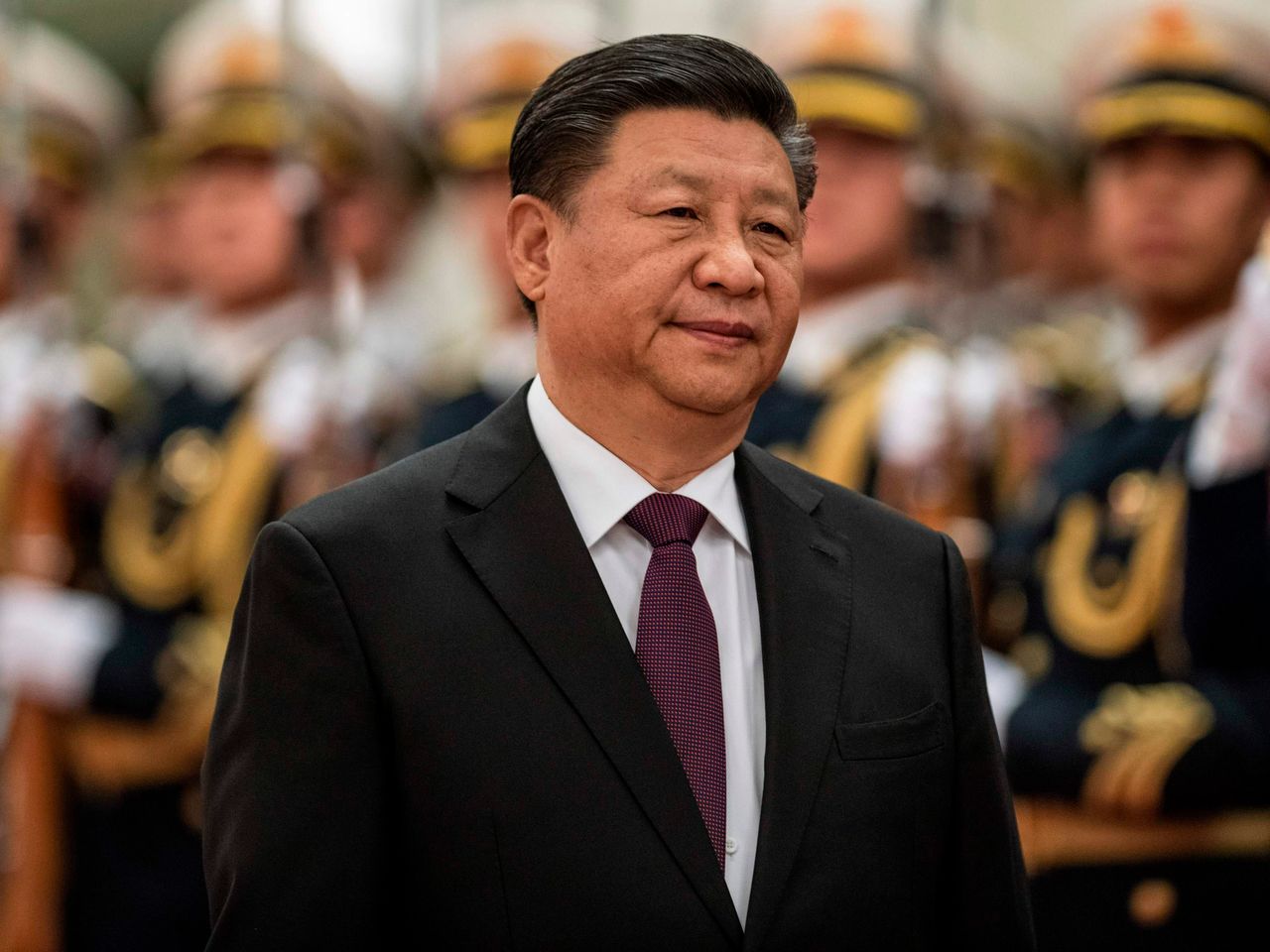Amid escalating global conflicts and crises, China’s Communist Party leader, Xi Jinping, seems to be exploiting geopolitical unrest for short-term economic benefits, diverting attention from his ambitious plan to invade Taiwan. The world faces multiple hotspots, including U.S. forces under attack in Syria and Iraq, Russian bombings in Ukraine, and heightened tensions in various regions. This article examines how China strategically navigates these crises, taking advantage of economic opportunities while avoiding direct involvement in conflicts.

Photo from: The Wall Street Journal
Diversions and Distractions
The article delves into the intricate web of conflicts, such as the U.S.-Iran dynamics, Russia’s actions in Ukraine, and regional clashes involving Israel and Iran-backed groups. These scenarios divert global attention from China’s aggressive geopolitical goals. Beijing appears to skillfully use diversionary tactics, potentially instigating or exploiting ongoing crises to further its interests.
The piece explores the potential ramifications of a “Pax Sinica,” where China emerges as a dominant global power. Unlike the post-World War II “Pax Americana,” a Chinese-led world order could be marked by more violence and brushfire wars, challenging the sovereignty and freedom of national governments. The article raises concerns about how China’s hegemony might differ from the democratic values upheld by the G7 nations and their allies.
Highlighting the unique position of the G7 democracies, the article emphasizes their coordination, democratic values, and economic power. However, it points out that despite this advantageous position, leaders have been hesitant to take decisive action against rising instability. The G7’s approach is examined in light of the potential consequences of China’s strategic maneuvering in the midst of global conflicts.
READ ALSO: Navigating The Future: A Roadmap For U.S.-China AI Dialogue
Xi Jinping’s Economic Exploits
The article analyzes how China, under Xi Jinping‘s leadership, capitalizes on the chaos by pursuing economic gains, particularly through the purchase of sanction-cheap oil from countries like Russia, Iran, and Venezuela. The global economic implications of China’s actions, especially in relation to the risks associated with international investments, are explored.
In conclusion, the piece calls for joint action by the G7 and its allies to address the increasing global challenges to peace. It emphasizes the limitations of relying on institutions like the United Nations, which may be hindered by the influence of countries like Russia and China. The G7 and its democratic allies are portrayed as crucial players in navigating the complexities of the current geopolitical landscape.
READ ALSO: 2024 Outlook: Prospects Dim For US-China Detente – A Closer Analysis
















































